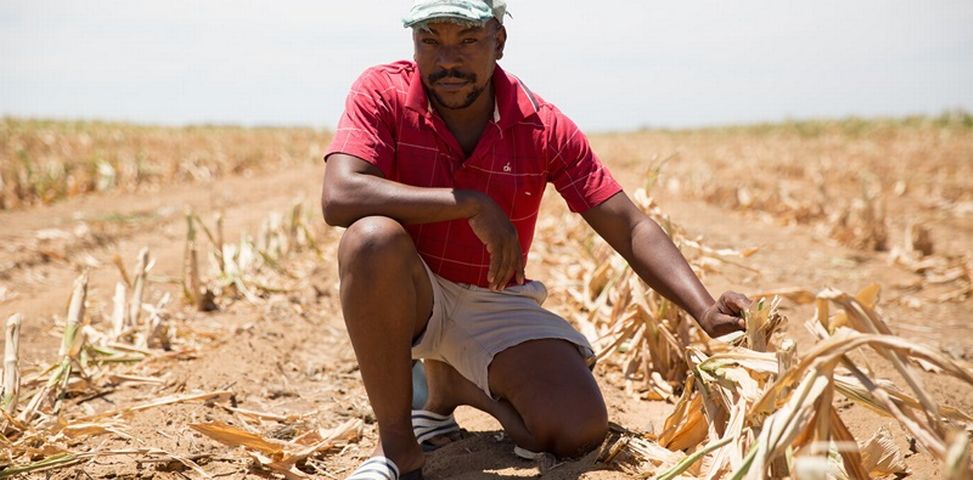The agriculture industry in the Western Cape has lost more than R700 million due to damages caused by fires and drought in the province. According to Anton Rabe, executive director at Hortgro, there is a great water shortage within many regions of South Africa, particularly in the greater Witzenberg area, which has had a direct impact on the fruit sector.
“Water needs to be managed carefully in order to get the crops through to the harvest,” stated Rabe.
Rabe further noted that the water shortage is not the only impacting component within the agriculture sector. The heat and strong winds have also equally impacted the “cosmetic appearance of [the] product”.
“We’ve had a good crop on the tree, and we still have it, but because of the impact of the water shortages, the heat, and the wind, the quality of the crop is downgraded,” Rabe expressed.
The value of the crop is therefore affected by these factors that have resulted in the R700 million loss within the farming sector.
Rabe further stated that the industry will not see price increases at this stage; instead, the effects will be evident in the latter part of the year.
The environmental factors currently experienced will have an effect on the price of meat and vegetables.
Where mix farming occurs, the long-term crops are favoured with regard to water, whereas the cash crops, such as the vegetable, are not planted.
“In the short term we will see shortages of those [vegetables],” Rabe stated.
Rabe asserted that in the next few months’ consumers need not be concerned about the fruit supply prices. This situation, he stated, will worsen toward the end of the year.
The vineyard crops, Rabe further noted, have been reduced by about 15 per cent. Approximately, 18 hectares of wine grapes were destroyed in the various fires. These incidents will have a direct effect on the wine sector.
In an attempt to alleviate the effect of the drought on the agriculture sector, the various mechanisms introduced include; products being relocated to different geographical areas, research is being done on drought resistant plant material, infrastructure is changing to include netting, and irrigation methods are changing.
These changes will require increased spending by farmers that will consequently increase the price of the crops.
“We also have to look at dam sizes, we will experience longer periods of no rain, [followed] by periods of fairly extensive rain. As a country, we will need to be able to catch the water when it is there. So [we need to] increase dam sizes,” Rabe asserted.
Rabe concluded that “normality will not happen in the next year; prices will [remain] under pressure”.
VOC (Thakira Desai)






 WhatsApp us
WhatsApp us 

